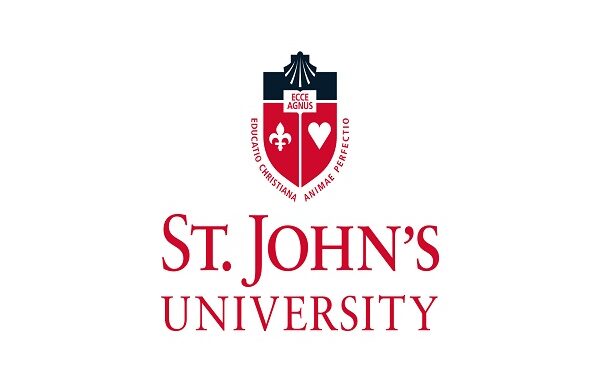
“Living In Pandemonium:” Academic Spaces & Pandemic Life
Date: 04/01/22
Time: 9am to 5pm
Location in-person: St. John’s University Queens, NY
Submission Deadline: February 18th, 2022
The St. John’s University English Department and the English Graduate Student Conference Committee invite papers, creative works and/or performances that engage with pandemic and pandemonium as textual reference, lived, learning and/or teaching experience, or theoretical concept. We want to call attention to the number of ways in which COVID-19 has transformed academia and our own lives. Much like a butterfly effect: the flap of a butterfly’s wings, the Covid-19 pandemic set off a chain of events causing multiple disruptions to happen globally and exacerbating the daily lives of nearly everyone around the globe. Pandemonium in Paradise Lost doesn’t seem so fictional now.
The prefix “pan” suggests that this virus has impacted us all in a myriad of ways. To live in pandemonium is to be in a state of confusion, uproar, and panic. This includes but is not limited to: misinformation about the COVID-19 pandemic enabled by the Trump administration, the Biden’s administration’s failure to uphold its promise of forgiving student loan debt, the virality of those misinformation campaigns and algorithms that favored profit, amplified inequities in wealth and education, the resurgence of the Black Lives Matter protests, and the Insurrection on the U.S. State capitol on January 6th. It is not an understatement to say we are still living in an uncertain, pandemoniac time. And in pandemonium, there is no normal.
Living in a pandemic that has both happened and is still happening, we’ve had to discipline our bodies for isolation and witness a stark rise in anxiety and depression amongst the population. As the federal government continues to fail us, we’ve seen the rise of mutual aid as an alternative to capitalism. We’ve been forced to create alternative virtual spaces to contend with these life-changing events. And so the question now becomes, what will this mean for the state of academia?
Now that we’ve had these changes formally integrated into our academic lives, what can we expect of this fast-growing digital age? In what ways has virtual learning transformed academia? How do we care for one another through virtual spaces in an unpredictable pandemic life? What literature, texts, and artifacts can evoke the emotions of living in pandemonium? What do we make of historical, unfolding events such as the resurgence of the Black Lives Matters protest, and the January 6th insurrection? How do we apply a critical media lens to push back against misinformation in academic spaces?
We invite you to a larger conversation on how to make sense of the wreckage caused by the pandemic, and what this means for our future. In order to engage within virtual spaces ourselves, we will be holding a hybrid conference with panels and a creative showcase to reimagine how scholarly work can be presented.
Attendees and panelists will have the option to attend physically or virtually. Approaches and methodologies investigating these questions from all avenues–literary, psychological, sociological, political, environmental, and economic–are welcome.
Specific topics may include, but are not limited to:
· Texts, Objects, Performance and Pandemic
· Pandemic Literature (Historical & Contemporary)
· Ethics of Care
· Multilingualism and Literacy
· Misinformation in the Age of Trump
· Political Activism and Performativity on Social Media
· Disability Studies
· TV Film and Media
· Science
· Gender & Queer Studies
· Media Studies
· Technology
· Personal Narratives
· Nostalgia, Melancholy, & Memory
· Education under Covid
· Auto-ethnographies and ethnographies about COVID-19
· Video presentations (Tik Tok)
· The Poetry of Pandemic Syllabi or Modules
· Popular culture
· Video Games
· Graphic Novels & Comics
· Fashion
· Collaboration/community in Pandemic
· feeling emotions, and affect in pandemic times
All interpretations of the topic will be considered. We encourage both critical and/or creative works (poetry, prose, spoken word, etc), and we encourage undergraduate students to submit as well. Proposals on all genres, periods, and methodologies will be considered.
Please submit 200-300 word abstracts for 15-minute paper presentations to: sjugradcon@gmail.com. Please include your name, contact information, school affiliation and whether or not you would like to present virtually with your titled abstract.
Submission deadline: February 18th, 2022
Since this event will be partially in person, all visitors, panelists, and attendees must be fully vaccinated and will need to provide proof of vaccination in order to attend this event. We are closely monitoring the COVID-19 pandemic and if there is a point in which a government lockdown is enacted, the conference will continue virtually. For more information please see our campus COVID-19 policy here: https://www.stjohns.edu/about/administrative-offices/human-resources/covid-19-vaccination-health-and-safety-guidelines

Leave a Reply